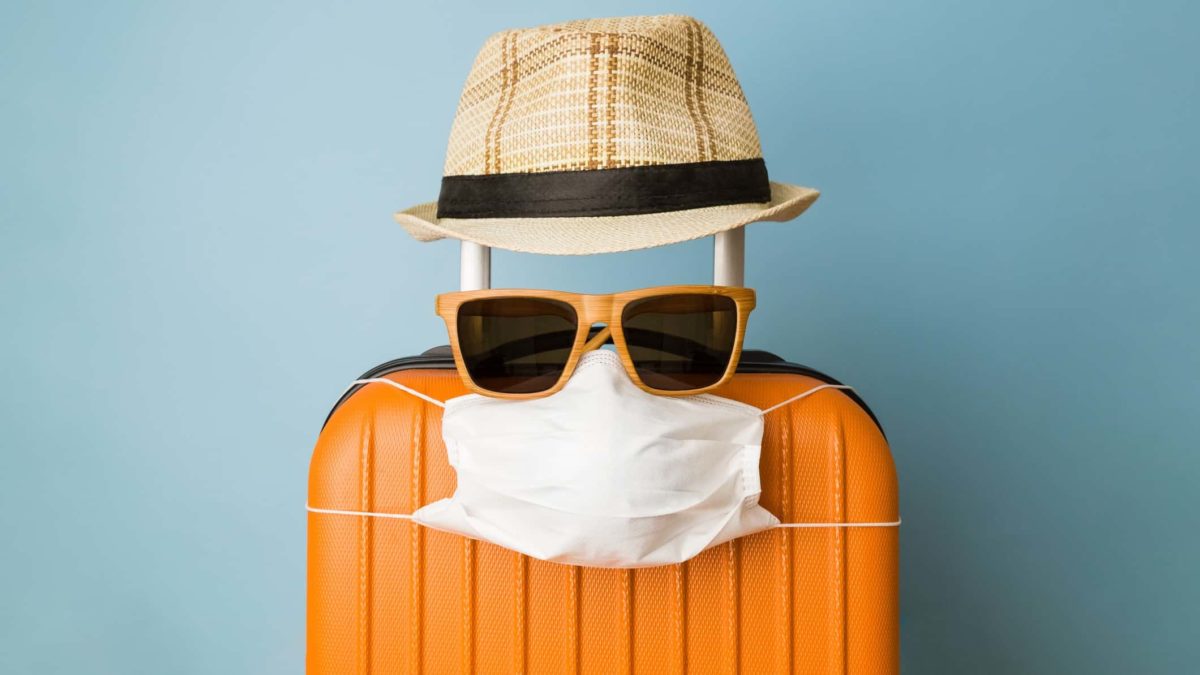When COVID-19 morphed from a concerning new virus into a global pandemic in February 2020, S&P/ASX 200 Index (ASX: XJO) shares took a beating like never before.
Indeed the 33% selloff the market endured in a period of just 1 month (21 February through to 20 March) ranks as the most ferocious and rapid bear market in ASX 200 history.
While no shares were entirely spared in the initial wave of panic selling, ASX 200 travel shares took some of the heaviest losses.
ASX 200 travel shares smashed by border closures
When domestic and international air travel ground to a virtual standstill the Qantas Airways Ltd (ASX: QAN) share price plummeted 64%. The Sydney Airport (ASX: SYD) was also ravaged, losing 42% in that same month.
While both Sydney Airport and Qantas have regained much of those losses, the 2 ASX 200 travel shares remain well below their early pre-pandemic levels as they await the return of high-volume air traffic.
At the current $5.96 per share, Sydney Airport's share price is down 34% from where it was trading on 27 December 2019.
Qantas, currently at $5.11 per share, is down 30% since that same date.
With those figures in mind, shareholders and investors sitting on the sidelines are eagerly waiting for travellers' pent-up demand to be let off the leash.
The travel bug unleashed
Max Levchin is the CEO of United States' based payments company Affirm Holdings Inc (NASDAQ: AFRM).
As Bloomberg reports, Affirm Holdings has been "striking partnerships in industries where he expects consumer demand to bounce back post-pandemic".
These include US listed travel shares American Airlines Group Inc (NASDAQ: AAL) Delta Air Lines Inc (NYSE: DAL).
Why?
Levchin says as travel option reopen he expects:
[A] quarter, or maybe a year, of unstoppable desire to not be in the same city or same four walls… Everyone wants to go to Miami right now, and it's a pretty good preview of what's going to happen – you'll see a good amount of travel, experience buying, all sorts of fun stuff is coming our way.
Of course, that unstoppable pent-up demand for travel won't last forever.
As Levchin says, "The question is, how long will it take for people to say, 'OK, I've got the travel bug out of the way?"









